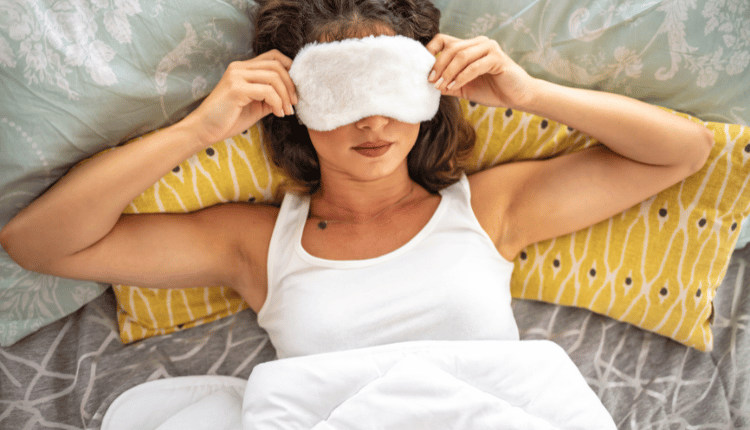If you’ve ever struggled to get a good night’s sleep, you probably know how frustrating it can be. The quality of our sleep is really important, because it determines how well we function the next day. Sleep plays a central role in our immune system and helps us to process stress, so getting enough of it is vital for our physical and mental health.
While everyone experiences some variation in their sleep patterns, most people need between seven and nine hours of sleep every night to feel rested and fully functional the next day. It can be difficult to get a good night’s sleep when your bedtime tends to be on an earlier or later cycle than most people around you. Whether you’re concerned about noise from other apartments or street traffic, or if your partner snores loudly, there are many things you can do to make your bedroom more conducive to restful sleep.
Create a dark, cool sleeping environment
If you live in an apartment with no privacy from your neighbours, it can be helpful to block off part of your room with curtains. Alternatively, you can try to create a dark, cool sleeping environment. This might mean turning off all electronics and lights at least two hours before bed, and closing your curtains to block out any street noise.
If you have a fan, this can also help to create a cooling, relaxing atmosphere. If you live in a warmer climate, it can also help to block out the summer heat with a closed curtain, or add a fan to circulate the air. It can also be helpful to invest in an air cooler or humidifier, which can help to make your room more comfortable.
Exercise before bed
This might not seem like a good idea for sleeping, but it actually improves your sleep quality. The reason for this is that it helps to release stress hormones, such as cortisol and adrenaline, which are typically present in higher levels in people who are anxious or stressed. Exercise also increases serotonin, a neurotransmitter that is responsible for making you happy and decreases cortisol, making it a great sleep aid. So, what kind of exercise will work best? Swimming is an excellent option since it relaxes your muscles and helps to increase your body temperature, making you feel more comfortable.
Eat dinner early
You don’t have to eat a big, unhealthy dinner before bed, but you might try to have a smaller meal at least three hours before bed. This will tell your body that it’s time to be in a state of rest and relax, which will help to encourage good sleep. If eating at a specific time works better for you, try to eat as close to the time when you want to go to bed as possible. You might also want to consider skipping your afternoon snack, as this will make your food more likely to be in your stomach when you go to bed, rather than when you wake up.
Limit screen time an hour before bed
Internet is a wonderful thing, but it can also wreak havoc on our sleep patterns. Many people find that they are too anxious or stressed after they spend too much time on the computer or on their phone. Try to avoid using your electronics an hour before bed, and try to consume your digital media with a lower screen brightness. You can also try using an anti-screening device like f.lux or Screen out, which filters out blue light, or try to spend some time outside, which will help you to calm down. If you find that you just can’t put your electronics aside an hour before bed, try to keep them out of sight or hidden so that they don’t become a source of anxiety.

Define your sleep “territory”
It might be helpful to mark out an area in your room as your “sleep territory”; this will signal to your body that it is time to relax and fall asleep. You can do this by placing an object such as a pillow or a blanket in this area, or by turning off all electronics and closing your curtains again. Written affirmations or inspirational quotes on your walls can also contribute to making your sleeping area feel more serene and calm. Try to keep your room as clutter-free and uncluttered as possible, as a cluttered room will often increase anxiety and stress.
Conclusion
Sleep is really important, and if you don’t get enough of it, you might feel like you’re not as healthy or happy as you could be. That’s why it’s important to make sure that your bedroom is as conducive to restful sleep as possible. By blocking out any noise, creating a cool, dark sleeping environment, eating dinner early, limiting screen time an hour before bed, and defining your sleep “territory,” you can help to encourage good sleep in your bedroom.




